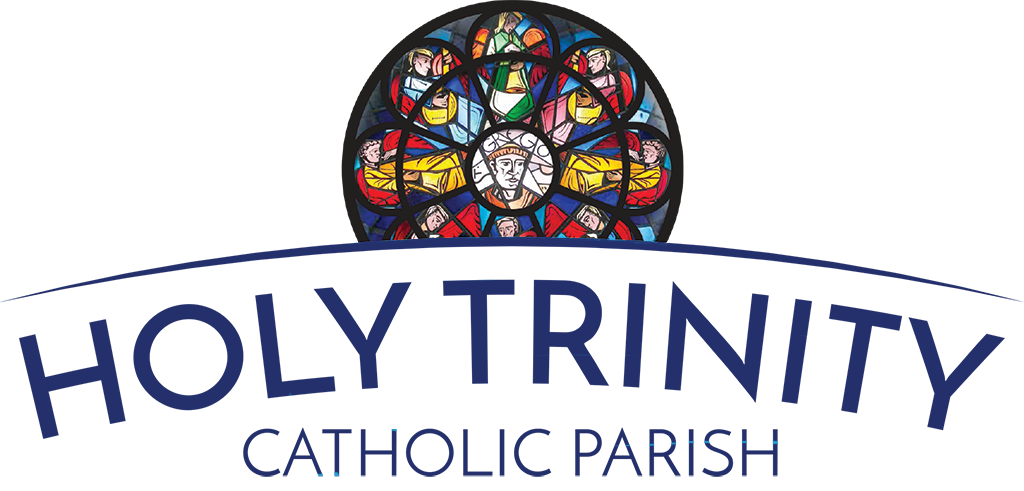
By: Mary Ellen Barrett
“It is suffering, more than anything else, which clears the way for the grace which transforms human souls.”
—St. John Paul II
In August 2009 my two older sons joined their dad on the annual father/son camping trip they had taken for years. It was an event that was eagerly anticipated, and my sons, Ryan and Kevin, were bursting to get on the road the morning of the first day. Ryan, who was 14 and autistic, ran out of the house and jumped in the van, but he neglected to say good-bye to me. My husband was all for calling him back, but I said: “Let him be. He’s so excited, don’t make him come back.”
I re-live and regret that moment every single day because I never saw my boy alive again. Ryan died on that camping trip. He had a seizure near a small creek that led into a culvert. During the brief seizure, he fell into the creek and drowned. He drifted into the culvert and was not found until the following morning. He had taken his snack of Cheetos and juice to sit near the creek—he was there one second and gone the next, resulting in an 18-hour-long search with dogs and helicopters, an Amber alert, and my tearful and frantic three-hour trip to the campgrounds.
If only I were able to relive that moment and call him back to me. To hug him and hold him and tell him how much I loved him. To tell him that he was the greatest gift God had ever given me. He was the child who made me a mother, and his being autistic made me love him all the more.
I can’t have that moment back, and that grief is part of the pain that accompanies me every day of my life. Losing a child is a different kind of pain because we all blithely believe we will go before they do, if we bother to think about it at all. We expect someday to lose our parents, heartbreaking as that is, and the heart-wrenching, frightening possibility of losing a spouse is ever present, but a child? It’s unthinkable.
Two years after we lost Ryan, my mother, at the young age of 65, passed away from complications due to early onset Alzheimer’s disease. Last spring I lost my brother, who was my only sibling.
I know what loss feels like—how it changes who you are and how you live the rest of your life. I will never again have the same lightness of heart or freedom in thinking that bad things don’t happen. There is a shadow in our family where there used to be light; it is part of who we are now, part of how we are bound together as a family. The children will grow up wondering what their brother would have been like, remembering him fondly. The baby, who was only nine months old when Ryan died, will just wonder.
Living with grief
Grief is not something that ever goes away; it is something you learn to live with. You work around it, and it keeps company with you every moment. “Emotions that have to do with loss are triggered throughout our lives, and you will live with them,” says Mary C. Lamia, PhD, in her article “Grief Isn’t Something You Get Over” (May 2011, Psychology Today). Dr. Lamia goes on to say, “Usually they are in the form of anniversary reactions, such as the birthday or death day of the lost loved one or any significant holiday in which you might want to be with the person who is gone.”
A loss like that of a child or spouse cannot be gotten over or forgotten. You will see reminders of that person all over your homes. When significant dates and events arrive, it is a constant reminder of loss. We must learn to give these feelings their place and to accept that the person we are now is a person who will never walk without that abiding sadness keeping them company.
Grief unites us with Christ
Grief plants us firmly at the foot of the cross. It unites us to Christ in a way that few other things can, and when we turn that suffering over to him, it gives us the grace to go on. Being Catholic we know that our grief is not without purpose and that our endurance of these times goes toward our eternal salvation.
Dr. Ray Guarendi, clinical psychologist and author, reminds us, “Faith puts death in a completely different perspective. It is the beginning, not the end.” That should be of great comfort, but, of course, being human, we just want back what we had. My son died in a state of grace, so I know he resides in heaven. He is no longer disabled and he is happy, but still I want him back—if only for that moment to hug him. It seems selfish, but there it is. Part of the suffering of those who grieve is the deep need to have something we can no longer have.
When I look back at the days and weeks after the losses I’ve experienced, I am struck by the fact that the most prevalent emotion I felt was unity to Christ, a comforted, loved feeling. Knowing that my Father in heaven has embraced my family and is holding us close is evidence that God is in his heaven and that my son is there, too, caring for us all. It brings great comfort and joy to know that the cross will be triumphant and one day we shall all be united again.
*******
Catholic Digest connects with readers through personal stories of triumphs and struggles, joys and challenges, and also the lighter side of Catholic living.

